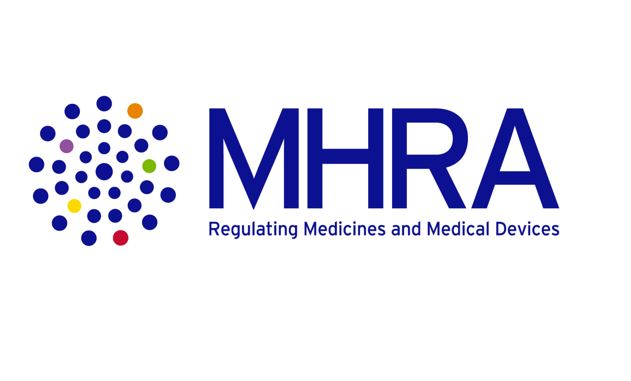MHRA investigates opioid regulation as addiction crisis deepens

The UK’s Medicines and Healthcare products Regulatory Agency (MHRA) has convened an Expert Working Group (EWG) to assess the risks and benefits of opioid medicines and see if current UK regulation is up to scratch.
The opioid addiction crisis in the US has been linked with hundreds of thousands of deaths, with the Trump administration declaring it a national public health emergency. Though the problem is not quite as acute in the UK, the use of opioid painkillers such as codeine and fentanyl has dramatically increased over the past 20 years, rising by a third between 1998 and 2016, and the MHRA wants to step in before the situation gets any worse.
The EWG will undertake a comprehensive independent scientific review of all available evidence on the use of these medicines in the UK, drawing on best practice internationally, to make sure the information for patients and health professionals helps curb the over-prescription and misuse of these drugs.
The review will consider the current data on the use of opioid medicines in the UK, both prescribed and over-the-counter, and examine whether the risk minimisation measures implemented have been effective.
It will also look at the benefit/risk of these medicines, in particular for non-cancer indications, taking into account alternatives, and make recommendations for regulatory action to better support appropriate use of prescription opioids.
“In response to the growing concern internationally and in the UK about overuse and increased prescribing of opioid analgesics, we are seeking expert advice on the benefits and risks of these medicines, including best practice for risk minimisation,” said Dr June Raine, director of MHRA’s Vigilance and Risk Management of Medicines.
“We will be listening to patients, stakeholders, and relevant experts, and working across the health sector to make sure the warnings on opioid medicines are consistent, clear, relevant and represent the known risks of tolerance and addiction.”
Professor Jamie Coleman, chair of the Opioid Expert Working Group, added:
“In taking forward this important work we will focus on providing clear information to healthcare professionals, patients and carers – no one should be unaware of the potential risks of opioid medicines.
“We have set out a clear programme of work to look at regulatory options. We have already planned some initial steps to work with stakeholders to produce consistent and clear label wording that opioid medicines may lead to addiction. We are also going to examine access to opioid medicines.”
This is far from the first action against opioid addiction in the UK – last month researchers from Keele University were awarded £2.4 million from the National Institute of Health Research to research overprescribing of opioids, and how to improve treatment of patients with persistent pain without long-term use of these morphine-like drugs.
Pharma is also starting to see the writing on the wall with opioids, and several companies are investigating alternative painkillers.
In January Pfizer and Eli Lilly produced more phase III data that appeared to back their non-opioid pain drug tanezumab, although there were mixed results at a lower dose in an osteoarthritis trial.
But an adviser to the FDA has accused the organisation of being at war with itself over its policy towards opioid drugs and putting the interests of painkiller manufacturers ahead of public health.











